How did you get into racehorse ownership?
A good friend of mine, a bloodstock agent named John Perrotta, first got me involved in racehorse ownership 30 years ago. He assembled a group of six guys to form a partnership for 10 horses that were to race in the USA.
I am still involved with John to this day and he is my racing manager today working with Kieran Sheehy at my stables in West Cork.
What was your best day at the races and why?
This summer I won a nice race in Tipperary with a filly that I own named Rionach. Michael O’Callaghan trains.
I flew in to the racetrack with friends of mine who had flown in from Canada who had never been to a racetrack before.
It is was a great day with Irish racing at its best. The people at Tipperary were great. But the coffee was cold.
What is the biggest drawback about being a racehorse owner?
The biggest drawbacks about being a racehorse owner are the constant nickel and dime fees that are charged to owners for dozens of minor things. Owners would greatly prefer to have an all in one cost for monthly training and horse ownership fees. Constant small charges are annoying.
In your experience, which racecourse in Ireland treats owners the best?
I live in the States and I love Ireland. But it needs to improve the facilities for owners to encourage potential owners from all over the world to invest in horses in Ireland. While most of the courses have great racetracks and warm and friendly staff, the facilities for the owners are not very good especially when compared to the States and England.
Flat or jump racing, which do you prefer and why?
While I like the jumps, flat racing is my game.
What qualities do you look for in a trainer?
I have had several trainers in Ireland. The biggest problem that I have experienced is that some trainers do not want to communicate with owners. They almost believe that owners should act like mushrooms, kept in the dark until harvested.
I have two first-class trainers at present, Eddie Lynam and Michael O’Callaghan. Both of them call me to let me know what is going on with my horses, no matter where I am in the world.
What improvements would you like to see racecourses in Ireland do for owners?
Increase the prize money. Have a flat racing meeting every day of the flat season as they do in the States and the UK. Have a decent lounge with basic sandwiches, and tea and coffee served. Such areas would attract owners and more business would be completed.
How do you feel owners are treated when not having a winner?
Every owner wants to win but the racing game cannot survive on relying just on Coolmoore and a few owners from the Middle East.
Racing needs the traditional owners that own two-three horses and dream of beating the big boys, so if an owner invests the money, the time, and the enthusiasm to own horses, he should be shown some appreciation whether he wins or loses.
What significance do your colours hold?
My Dad was from Galway my mother from Dublin. The colours are based on the Moran family crest.
How did your syndicate get its name?
I do not have a syndicate. I own most of my horses myself. I do own several horses with David Myerscough, a top-class bloodstock agent based near Dublin.
When buying a horse, what do you look for?
I am in the boat business and believe that I am smart enough to advise people about quality yachts. I am not smart enough to know what I am doing to buy horses myself.
I have a great team of such smart horse professionals that I trust. Dave Myerscough, John Perrotta and Kieran Sheehy. These guys have bought me many nice mares.
What horses do you currently have in training?
Currently I have 10 horses in training with Eddie and Michael. I have six mares at my farm, Moran Stables in West Cork, and eight super foals growing up on the best grass in the world, in West Cork, thriving on the good clean sea air.
Forget Kildare – West Cork is the place to grow great horses.
What’s next on the agenda for your horses?
My plans for the future are to increase the size of my stud farm in West Cork and breed a lot of top-quality foals. You need to have patience for such a programme but we have now been doing this for several years and I believe we have established a very good core base to build on.
The other part of my agenda is to beat Coolmore.
Rionach is entered for the Moyglare ‘’Jewels’’ Blandford Stakes at the Curragh tomorrow.
Have you any horses to look forward to? (i.e. young/unbroken horses)
We have a number of exciting young horses. I have devised a plan that instead of naming my horses after dead US Presidents or old US buildings or dead British politicians, I am going to name all of my horses after good Irish heroes.
As an example we have an exceptional Australia colt which I named Patrick Sarsfield, after the hero of the Irish at the battle of Limerick.
We have a great Camelot filly who will race next year, a Scat Daddy filly, a More Than Ready filly, a Kitten’s Joy filly and a Hard Spun filly which will all race next year.
In addition, we have a great Australia colt, a gorgeous The Gurkha colt, and three lovely filly foals by Fastnet Rock, Gleneagles and The Gurkha. All will have good strong Irish names.
What would help to make Irish racing more competitive for the smaller owner/trainer?
To make Irish racing more competitive I believe that is essential to limit the amount of horses that one trainer can enter into a race. How can one trainer enter four or five horses in a maiden race? It is a joke. The trainers that do such a thing have a prearranged plan for their horses which in some cases restrict the opposition.
Last year we had a filly run in the Moyglare Stud Stakes at the Curragh. This filly was hemmed in on the rail by three horses from one stable. By the time that she had managed to get out off the rail, the race was over and the competition finished one, two, three.
No trainer should be allowed to have more than two horses in a race.
What advice would you give to someone thinking of becoming a racehorse owner?
My advice is to make sure that you have a number of smart trustworthy professionals around you before you do or buy anything.
Make sure they are honest and reward them well.
Robert Moran was in conversation with Olivia Hamilton
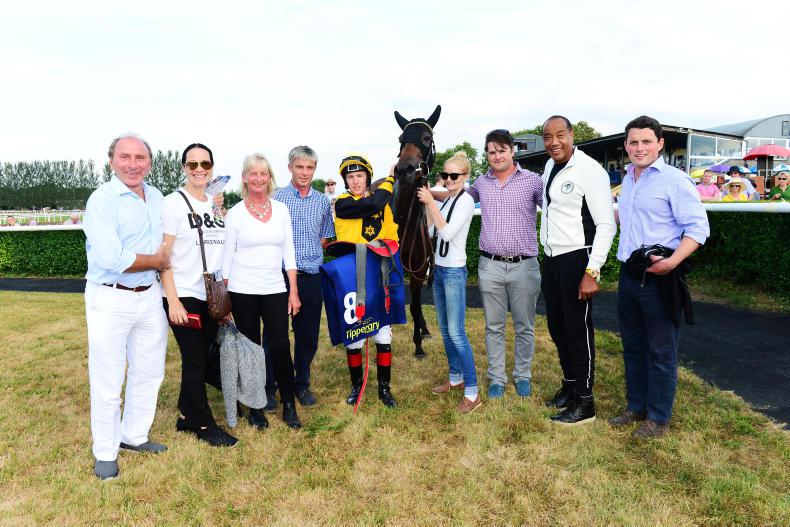

 This is a subscriber-only article
This is a subscriber-only article
 It looks like you're browsing in private mode
It looks like you're browsing in private mode





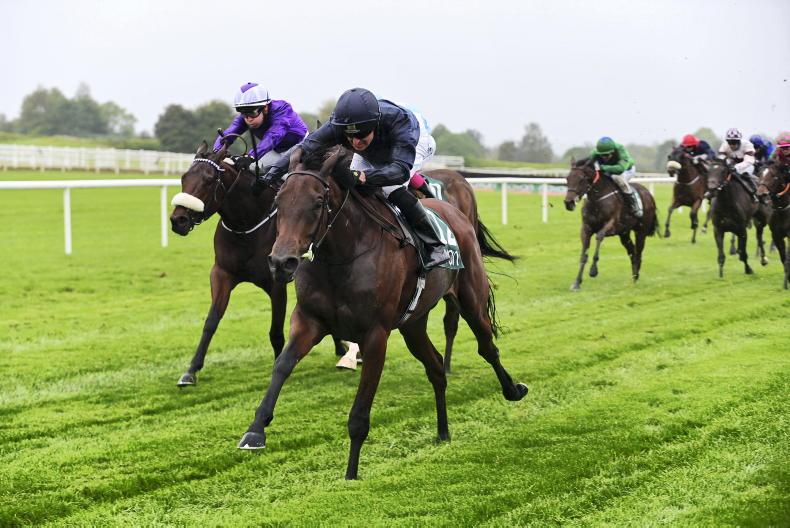

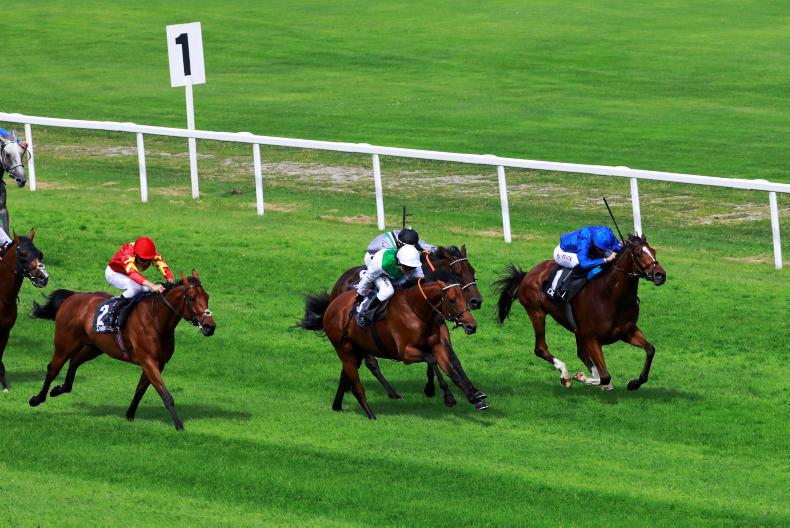
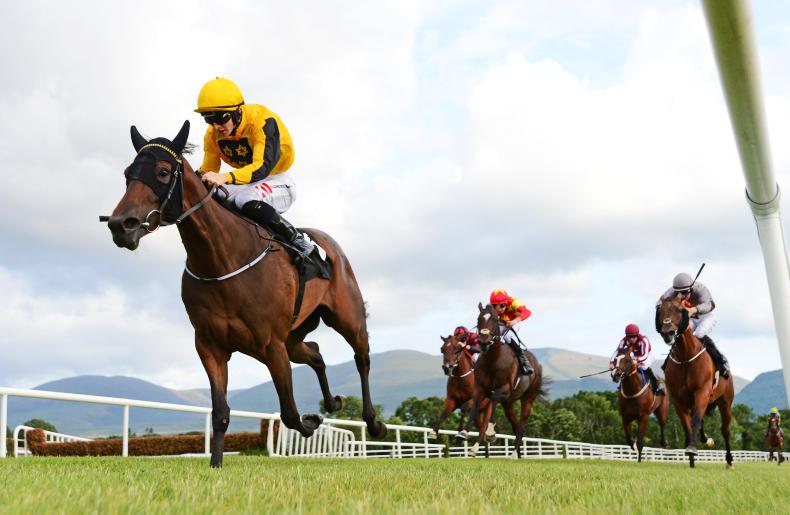
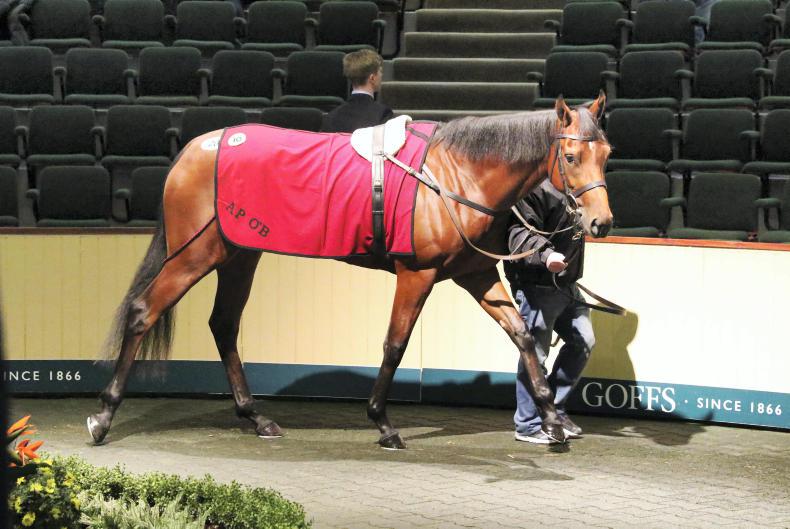
SHARING OPTIONS: